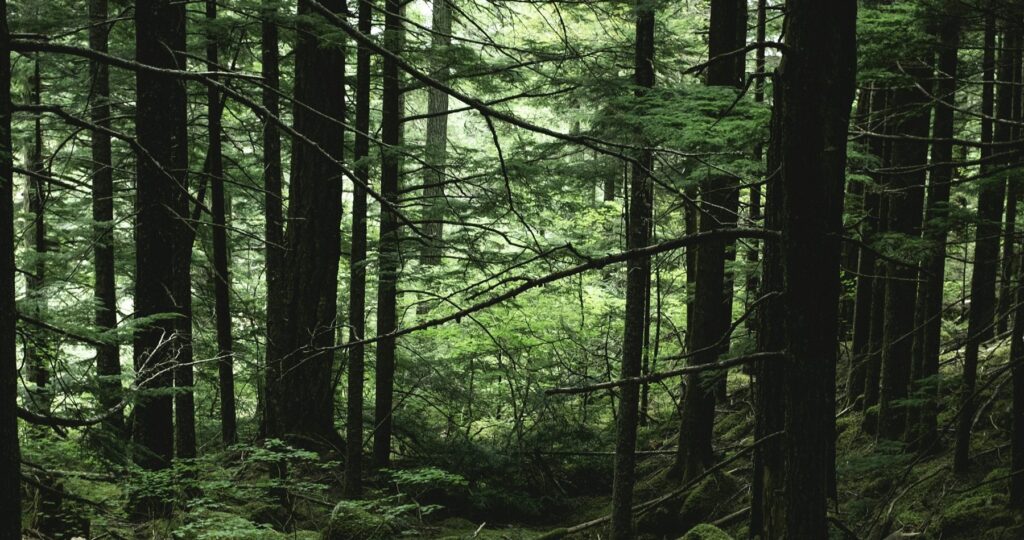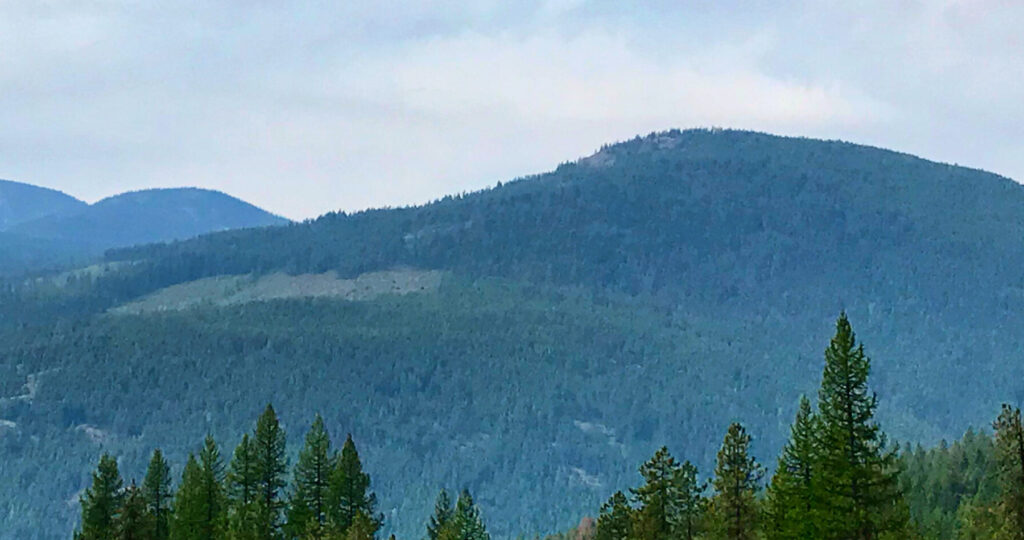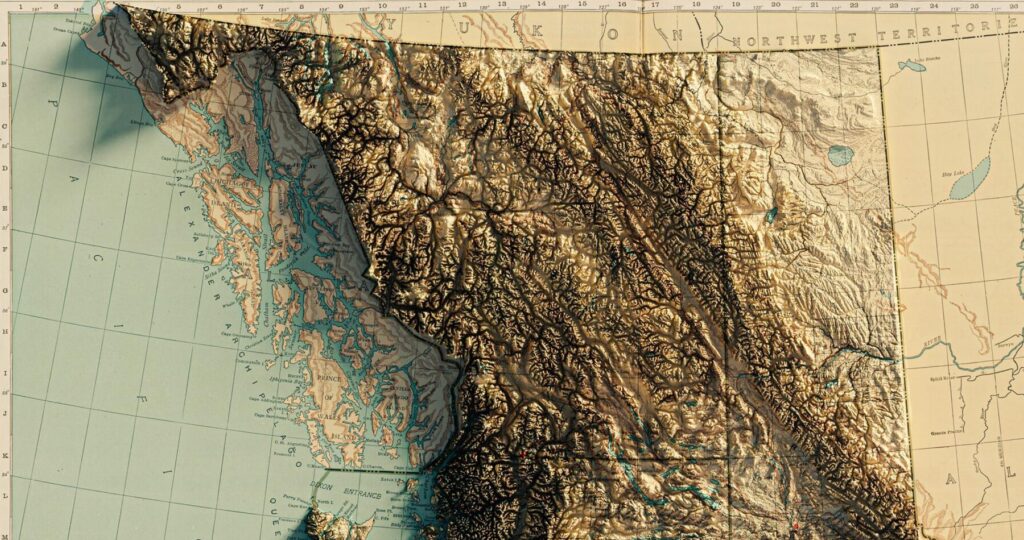Post Category : Heritage Management
National Indigenous Peoples Day, 2024
"Stewardship is an ethical value that embodies the responsible planning and management of resources."
The Role of Indigenous Engagement in the Stewardship of Cultural Landscapes
National Indigenous Peoples Day is a celebratory holiday to commemorate the culture, heritage, and contributions of the Indigenous population of Turtle Island (Canada). This year, we would like to highlight the significance of Indigenous involvement in forestry-based archaeological assessments, and research programs throughout the Boreal Forest Natural Region of Alberta.
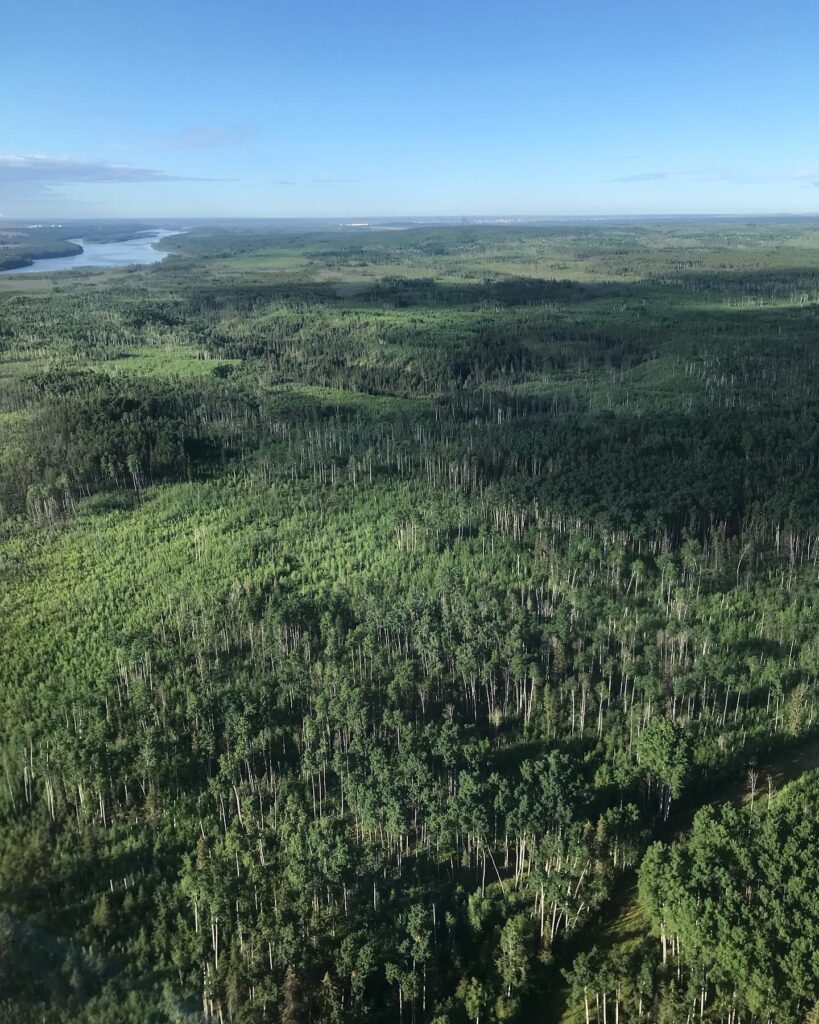
It Starts With Consultation
The Indigenous Rights in Forest Management defines consultation as: “the process to understand and consider potential adverse impacts of a Crown decision on the exercise of constitutionally protected Treaty rights/harvesting/traditional use activities.” (derived from S.35 of the Constitution Act). All of Alberta’s Forestry operations are conducted on Treaty and Settlement lands. As such, the Ministry of Agriculture, Forestry and Rural Economic Development requires consultation where there is potential to impact traditional use activities. See also:
- The Forests Act
- Timber Management Regulations
- Operating Ground Rules (OGR)
- Historical Resources Act (HRA)
- Canadian Council of Forest Ministers (CCFM), Indigenous Engagement Committee
- Sustainable Forestry Initiative (SFI)
- Forest Resource Improvement of Alberta (FRIAA)
- Aboriginal Consultation Office
- Alberta Energy Regulator
- Indigenous Consultation Capacity Program (ICCP)
- Forest Stewardship Council (FSC)
- Canadian Council for Aboriginal Business (CCAB)
- Project Forest
- Indigenous Leadership Initiative
- International Boreal Conservation Campaign (IBCC)
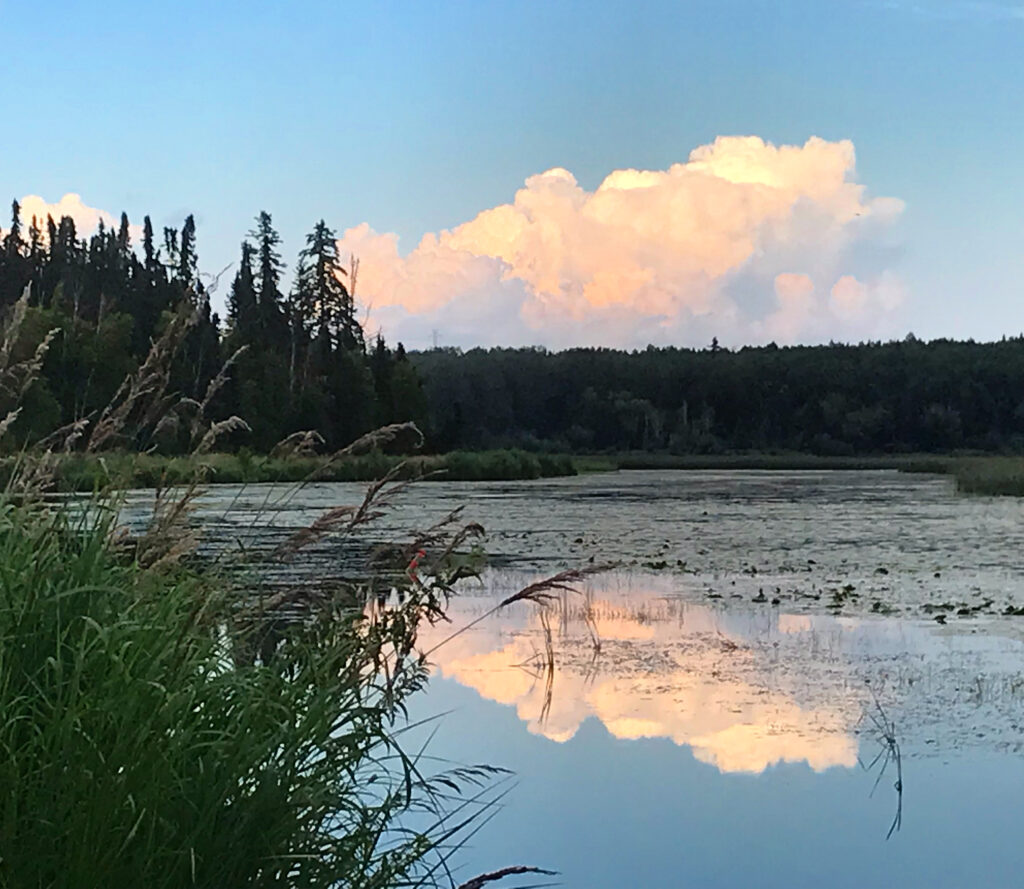
Consultation Facilitates Collaboration
By honoring the knowledge, rights, and contributions of Indigenous Peoples, we are forging a way forward in the spirit of reconciliation. As Natural Resource Industries continue to recognize that Indigenous Peoples have always been the stewards and guardians of the land and water, Indigenous-led initiatives for conservation and sustainability are on the rise.
From a Cultural Resource Management Archaeology perspective, not-for-profit associations like FRIAA facilitate the means for multi-facetted engagement and research geared towards the mutual economic enhancement and cultural preservation of Indigenous communities throughout Alberta. In conjunction with the Aboriginal Consultation Office and associated consulting Bands or Nations, FRIAA-funded Archaeological research significantly expands our understanding of the Archaeological Record for Central-Northern Alberta, without impacting the landscape.
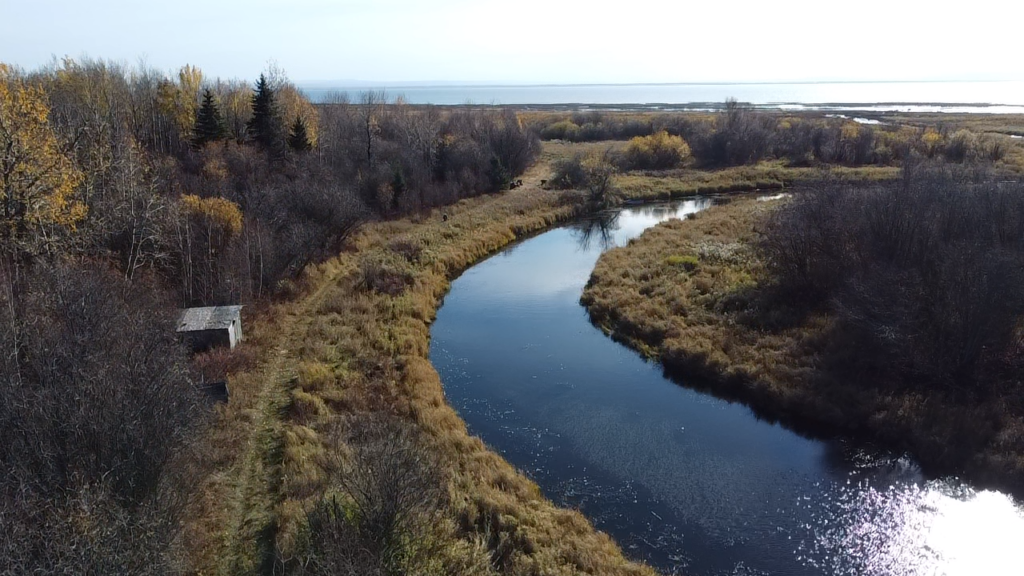
Connection and Understanding
Public engagement and collaboration with participating communities creates a level playing field for learning opportunities. When we [Archaeologists] collaborate with Indigenous communities, we get the opportunity to learn alternative perspectives for interpreting the archaeological record, gain nuanced insights of how prehistoric and historic peoples navigated and interacted with the landscape, listen to stories and observe traditions, and many more. Similarly, the collaboration model allows for us to share our academic and professional Archaeological training in a variety of ways.
Because the Boreal forests of Alberta impact so many aspects of our life’s, sustaining them through ethically informed practices is fundamental in tackling current and future challenges. When we nurture this way of life, not only do we mitigate disasters and biodiversity loss, but we fulfill our role in stewarding the landscape for future generations.
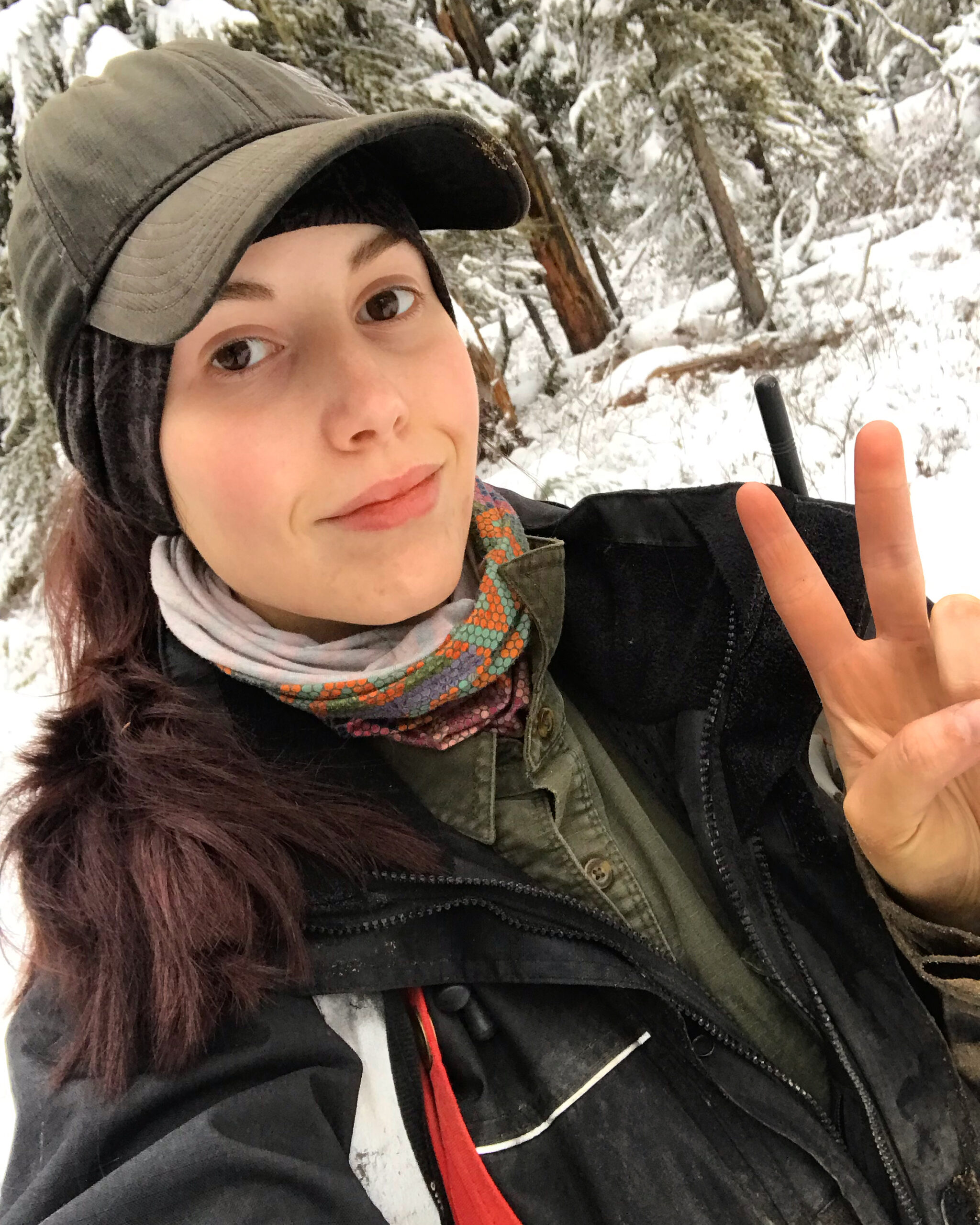
Fallon Hardie
Archaeologist & Team Lead

